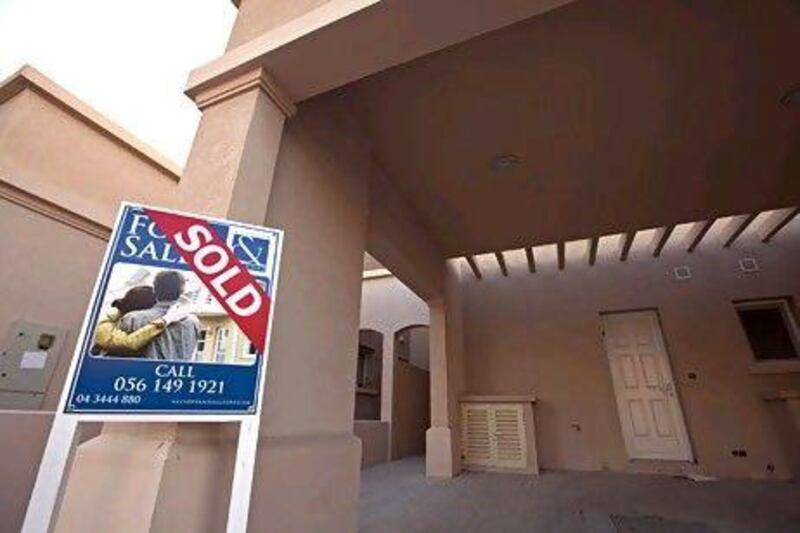Developers in Dubai are continuing to maintain their own property registries despite the emirate's official registry being run by the Dubai Land Department (DLD).
This practice, says Brent Baldwin, a senior legal consultant in commercial property and real estate law at Hadef & Partners, is creating confusion for prospective homebuyers who face hidden risks, extra fees and possible life-changing financial losses.
Mr Baldwin says the DLD has the exclusive jurisdiction to register rights over properties, while the developers' registries are not recognised under Dubai law.
However, he says, a no objection certificate (NOC) from a developer is required for the DLD registration process. This is where problems can arise because the seller's mortgage must be paid off before the NOC can be issued.
This causes delays for buyers, who can't register the property in their name - and who may have unwittingly paid off a seller's mortgage before realising they had to deal with two property registries and possibly other third parties.
Can you explain the difference between the DLD registry and the developers' registries?
Under Dubai law number 7 of 2006, the Dubai Land Department is empowered with exclusive jurisdiction to register rights over real estate. Some developers, however, have continued to operate their own "internal" registries. Such internal registries are not recognised under law number 7 and there is arguably no need for them if the DLD system is working properly.
Do the developers' registries come under DLD regulations?
No they don't. Such registries are not recognised under the law, which states that all interests in property must be registered with the DLD.
How are the developers allowed to set up their own registries?
There is no specific provision of the law allowing this and it appears to have been done for historical reasons, which are no longer valid. For an effective and efficient registration system, it does not make sense to have two separate registries operating in relation to a property.
What are the pitfalls for homebuyers in this scenario?
There are two main risks for a purchaser. First, developers often impose additional charges for registering mortgages and transfers in their own internal registries. However, owners are also charged registration fees for the DLD register. There is no need for such double charging. Secondly, the delay in having a mortgage discharged in the developer's registry and the manner in which a seller's mortgage needs to be cleared by a purchaser before a transfer is registered can cause delays in registration of the change in ownership with the DLD. Due to this delay, a buyer may already have paid off a seller's mortgage before realising there are additional interests registered against a property in the DLD registry. In one scenario, an unfortunate purchaser discovered they had paid off a seller's mortgage but they have been unable to register the property in their name. Clearing up the resulting issues will take time and require legal involvement.
Is it more about due diligence on behalf of the homebuyer?
Yes, it can be. It places an imperative on the buyer to fully check out the property and both registries. If only one registry was operating, it could make the transfer easier and less problematic. It would also lessen such risks for the homebuyer.
How can homebuyers avoid this situation?
Every situation is different but purchasers should always ensure they get proper legal advice and give due consideration to the risks of paying off a seller's mortgage before they are ready to transfer the property. There are ways to structure such transactions that lessen the risk.






